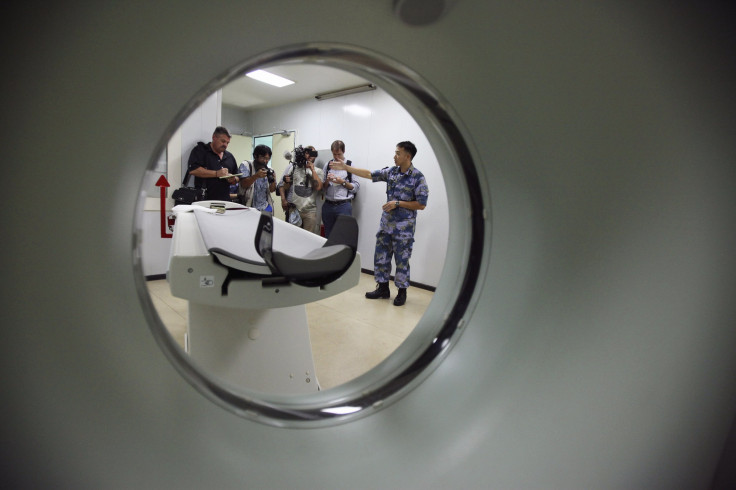CT Scans Can Cause Cell Damage, Mutation: Study

Computerized Tomography (CT) scans could cause cellular and genetic damage in people who undergo the procedure, Stanford University researchers warned in their latest study on Wednesday. The test, often used to detect a variety of heart diseases, exposed patients to significant amounts of low-dose radiation.
The researchers found an increase in DNA mutation and cell death in the patients on whom the study was conducted. Their findings were published in the Journal of the American College of Cardiology: Cardiovascular Imaging.
"The use of medical imaging for heart disease has exploded in the past decade," Joseph Wu of Stanford University, the study's senior author, said in a statement.
"These tests expose patients to a non-trivial amount of low-dose radiation," Wu added. "But nobody really knows exactly what this low-dose radiation does to the patient. We now have the technology that allows us to look at very subtle, cell-level changes."
Wu said that a bill is set to be considered by the U.S. Congress that would allocate more funds for research on the health effects of low-dose radiation because there was still a dearth of currently available material on the subject.
"I think there are legitimate concerns about the exposure to low-dose radiation, but the problem is that it is difficult to prove a causal relationship with cancer," co-author Patricia Nguyen of Stanford University said. "Even though we show some damage is occurring at a cellular level, this damage is being repaired. It is the damage that escapes repair, or the cells that are not eliminated and are mutated, that go on and produce cancer. We can't track those cells with current technology."
The team studied the blood of 67 people before and after a heart CT scan. They found that the scan, which can act upon the entire body, exposed patients to at least 150 times the amount of radiation from a chest X-ray scan.
The scans were also found to cause DNA damage and cell death, as well as an increase in the expression of genes that regulate cell repair. Although most of the cells damaged by the radiation repaired, a small number of them went on to die.
"We need to learn more because it's not a benign effect even at these low dosages," Nguyen said. "Our research supports the idea that maybe physicians shouldn't just use the best image quality in all cases. We shouldn't eliminate CT scans because they're obviously important, but you can make it safer by reducing the doses, by getting better machines and technology, and by giving patients something to protect them."
© Copyright IBTimes 2025. All rights reserved.





















